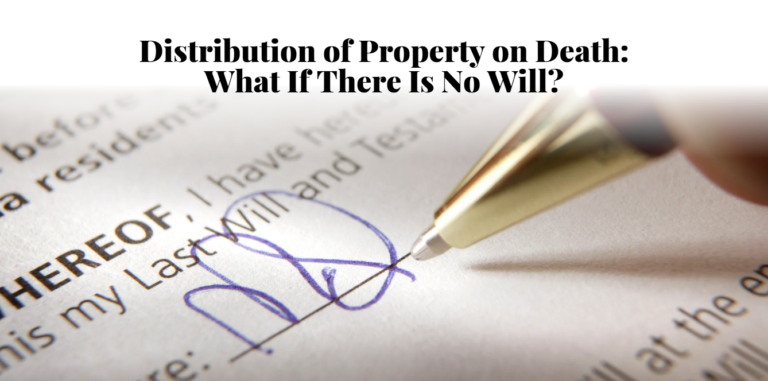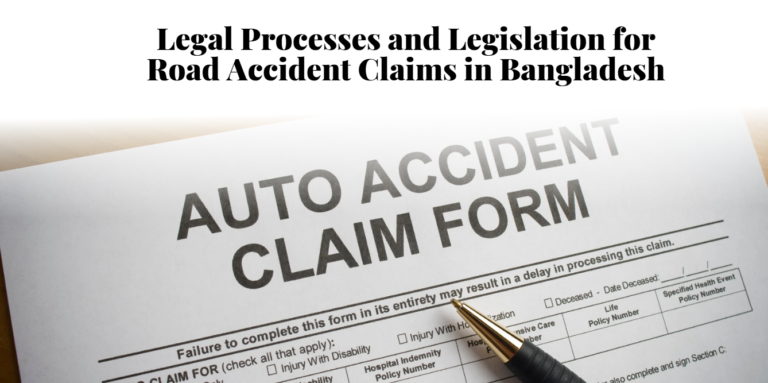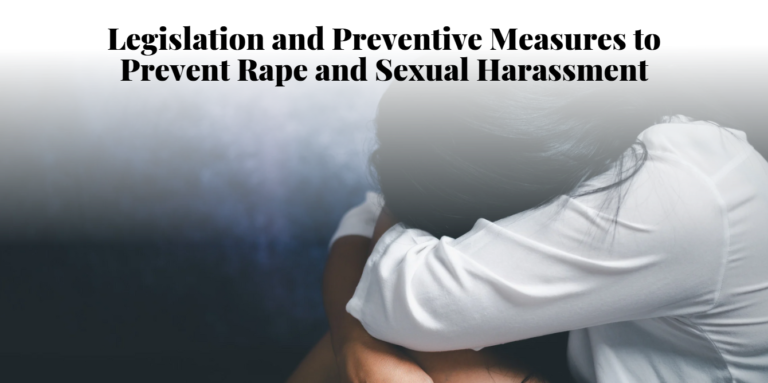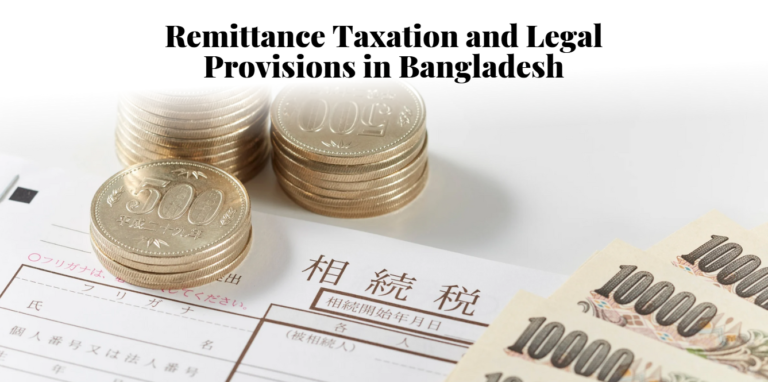In Bangladesh, many people do not create a will before death. As a result, there is confusion and a fight among the family members regarding the distribution of the property of the deceased person. If there is no will, the property is distributed according to inheritance laws. Separate laws apply to Muslims, Hindus, Christians, and other communities. Distribution of property upon the death of a person without leaving a will is explained here.
If a person dies without a will, his or her property is distributed according to the laws of inheritance. In Bangladesh, the significant laws of inheritance that are primarily followed are: Muslim Inheritance Law, Hindu Inheritance Law, and Christian and Other Communities’ Inheritance Law. Each religious community follows its own principles in accordance with their respective laws and customs.
According to Muslim family law, on death, the property is inherited in a specified order. First, the funeral charges and expenses are paid. Then the debts of the deceased person are paid off. If there is any wasiyat (will), it might be executed only within one-third of the property. The remaining property is distributed among the legal heirs.
Muslim inheritance law provides fixed shares to the heirs. Where the deceased is survived by a wife, the husband gets one-fourth of the property if the deceased is survived by children. If there are no children, the husband gets half of the property.If the deceased is a husband, the wife gets one-eighth of the property if there are children. If there are no children, the wife gets one-fourth of the property. Sons and daughters both inherit, but a son receives twice the share of a daughter. If there is only one daughter, she receives half of the estate. If there are multiple daughters, they collectively receive two-thirds of the estate. If the deceased has children, each parent gets one-sixth of the property. If there are no children, the mother gets one-third and the father receives the remaining share.
Under Hindu law, heirs are classified into different categories. First-class heirs include sons, daughters, wives, and mothers, who share the property equally. Second-class heirs include fathers, brothers, and sisters, who inherit if no first-class heirs exist. In many Hindu families, property remains jointly owned, and male family members inherit the property.
Christian inheritance law generally follows these rules. The spouse receives one-third of the property, while children receive the remaining two-thirds equally. If there are no children, the parents inherit the property. Other relatives may also have inheritance rights under certain circumstances.
If there is no will, several problems can occur. Property disputes often lead to conflicts among family members. Legal complexities can arise, and if the case goes to court, it can take years to resolve. Although the law ensures women’s inheritance rights, they often face difficulties in claiming their share.
Making a will can reduce family disputes, simplify the legal process, allow property distribution according to personal wishes, and ensure security for women and weaker heirs. In Bangladesh, property distribution without a will is governed by inheritance laws, which vary for different religious communities. Without a will, disputes and legal complications may arise. Creating a will during one’s lifetime is a wise decision that can protect the interests of family members and prevent future conflicts.
For any legal assistance regarding property matters, The Justice Corner is always here to help.
- Home
- Practice Areas
- ADMIRALTY & SHIPPING LAW
- Arbitration & Mediation
- CAPITAL MARKETS & SECURITIES
- COMPANY, CORPORATE & BANKING LAW
- CONSTITUTIONAL & ADMINISTRATIVE LAW
- CRIMINAL LAW
- CUSTOMS, VAT AND INCOME TAX LAW
- INTELLECTUAL PROPERTY
- JUDICIAL REVIEW (WRIT) AND WAQF ORDINANCE
- LAWS RELATING TO LAND, TENANCY AND TRANSFER OF PROPERTY
- MERGER & ACQUISITION (M&A)
- REAL ESTATE AND DEVELOPMENT
- LAW OF EMPLOYMENT
- Sectors
- Resources
- About
- Team
- Blogs
- Career
- Contact


